Understanding the Importance of Cover Letter Skills
Your cover letter is your first introduction to a potential employer, and it’s a critical opportunity to showcase why you’re the perfect fit for the role. While your resume provides a factual overview of your experience and qualifications, your cover letter allows you to elaborate on your skills, demonstrate your personality, and explain why you’re interested in the specific position and company. Highlighting the right skills is not just about listing what you can do; it’s about connecting those skills with the needs of the employer and illustrating how you can bring value to their organization. By carefully selecting and presenting your skills, you can significantly increase your chances of landing an interview and ultimately, the job.
Why Skills Matter in Your Cover Letter
Skills are the building blocks of your professional capabilities. They demonstrate your ability to perform specific tasks and contribute to the overall success of a team or project. In your cover letter, skills provide evidence of your competencies and help you stand out from other applicants. Employers are looking for individuals who not only possess the required skills but can also articulate how they’ve utilized those skills to achieve results. Highlighting relevant skills allows you to bridge the gap between your qualifications and the employer’s needs, making a compelling case for why you should be considered for the position.
How Skills Highlight Your Value
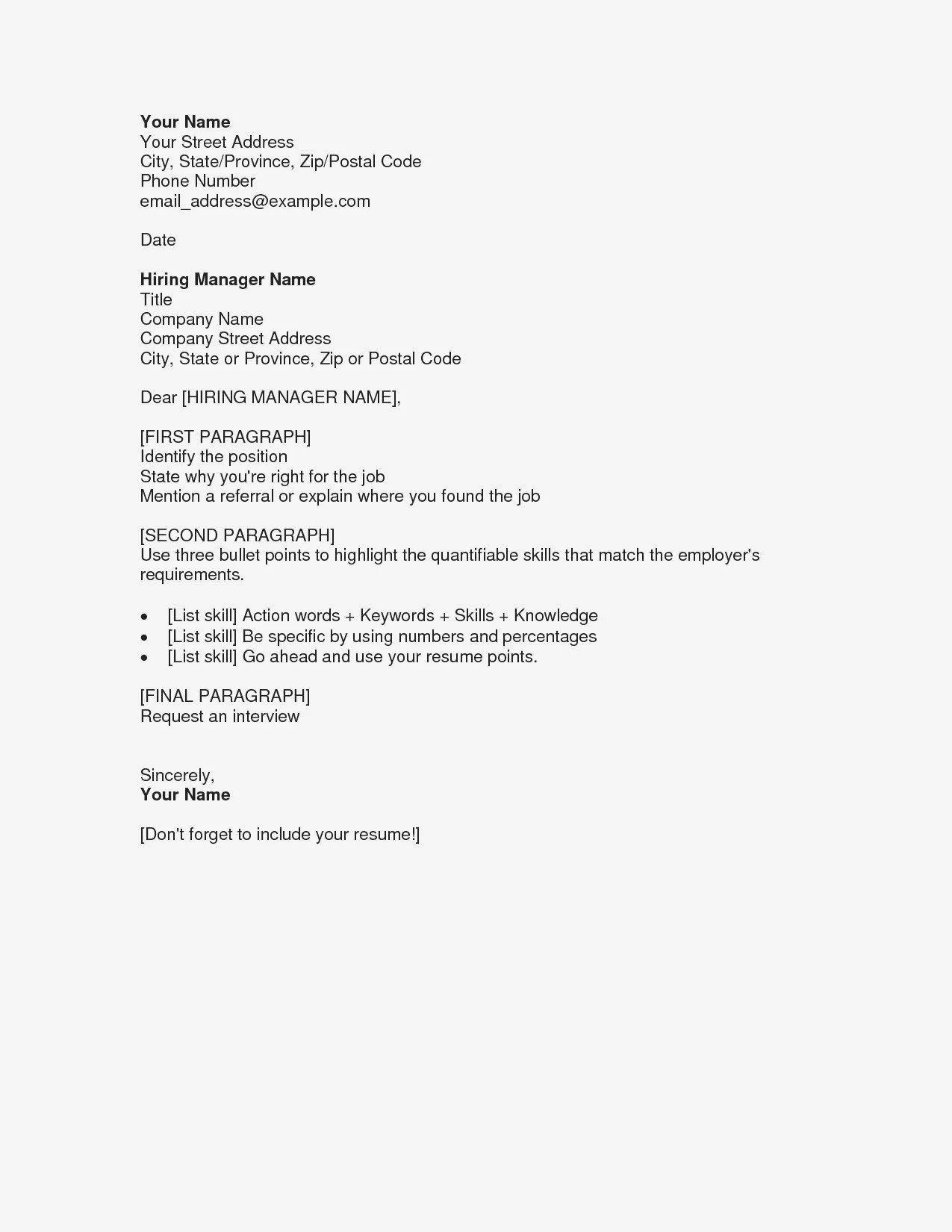
Your value to a company is directly related to the skills you bring to the table. When you emphasize your skills in your cover letter, you’re essentially communicating what you can do for the employer. This isn’t just a list; it’s a narrative of how you’ve used your skills to solve problems, achieve goals, and contribute to positive outcomes. By demonstrating your skills, you show the employer what you can offer and how you can contribute to their organization’s success. Your cover letter helps transform your experience into a tangible asset, making you a more attractive candidate. It tells the story of how you’ve applied your skills, and the positive impact of those applications.
Top 5 Skills to Impress in Your Cover Letter
Communication Skills
Communication skills are paramount in almost every professional setting. Effective communication ensures clear understanding, collaboration, and the ability to convey information effectively. It encompasses both verbal and written communication, as well as the ability to listen actively and interpret non-verbal cues. These skills are vital for building relationships, resolving conflicts, and ensuring that everyone is on the same page. Highlighting these skills demonstrates that you are capable of building relationships, conveying information effectively, and working in a collaborative environment. Consider the different aspects of communication: written, verbal, and even non-verbal – and how these have contributed to your professional accomplishments.
Why Communication Skills are Essential
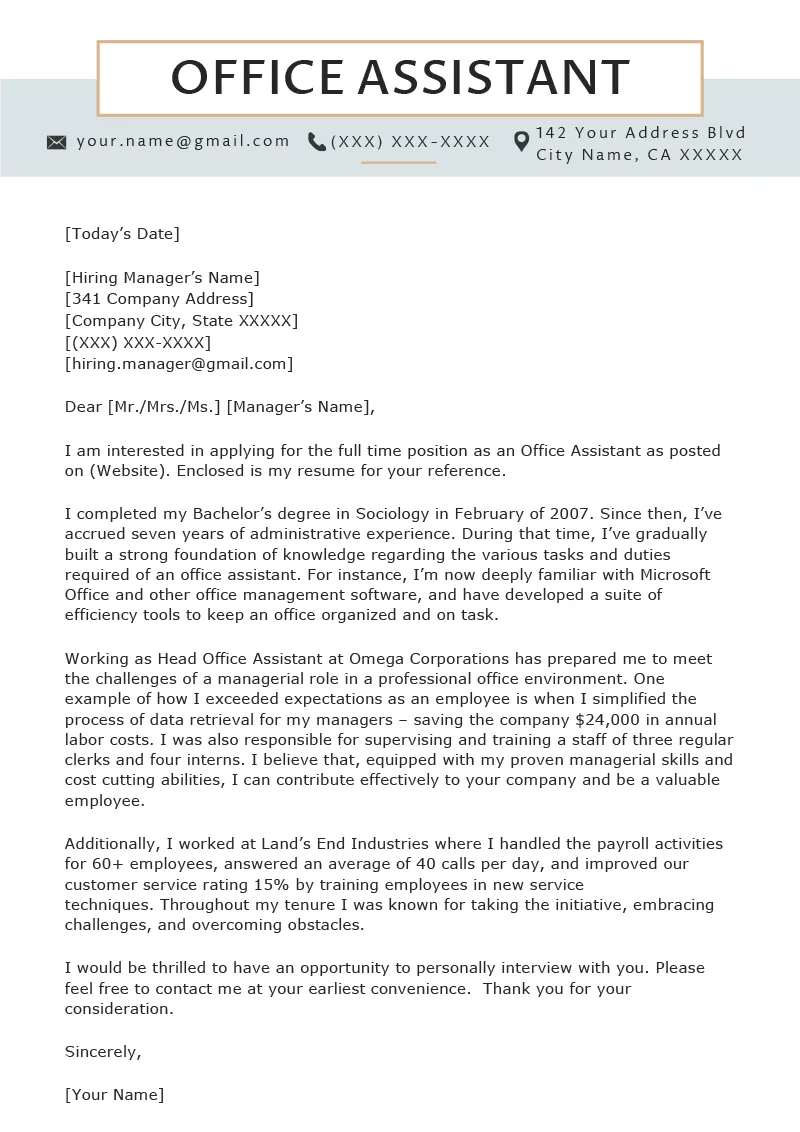
Communication is the lifeblood of any successful organization. It’s how ideas are shared, projects are managed, and teams work together. Strong communication skills ensure that everyone is informed, understands their roles, and can contribute effectively. In a cover letter, emphasizing these skills shows that you are capable of articulating your thoughts clearly, listening actively, and adapting your communication style to different audiences. This is crucial for collaboration, problem-solving, and building positive working relationships, making you a valuable asset in any team.
Examples of Communication Skills in Action
To demonstrate your communication skills, provide specific examples. For instance, describe a situation where you successfully presented a complex project to stakeholders, negotiated a favorable outcome in a conflict, or wrote a clear and concise report that influenced decision-making. Mention any public speaking experience, presentation skills, or ability to write persuasive emails. Show how you have adapted your communication style for different audiences. Did you manage a difficult conversation? Did you create a training program? Did you write reports that resulted in a positive outcome? These real-life examples will help the employer visualize your effectiveness in communication.
Problem-Solving Skills
Problem-solving skills are highly valued by employers because they show your ability to think critically, analyze situations, and find effective solutions. This encompasses identifying problems, gathering information, evaluating options, and implementing the best course of action. Problem-solving skills also involve a proactive approach, anticipating potential issues, and taking steps to prevent them. Showcasing these abilities in your cover letter demonstrates your capacity to tackle challenges head-on and contribute to positive outcomes for the company. These are vital to any professional and will help you stand out from the crowd.
Demonstrating Your Problem-Solving Abilities
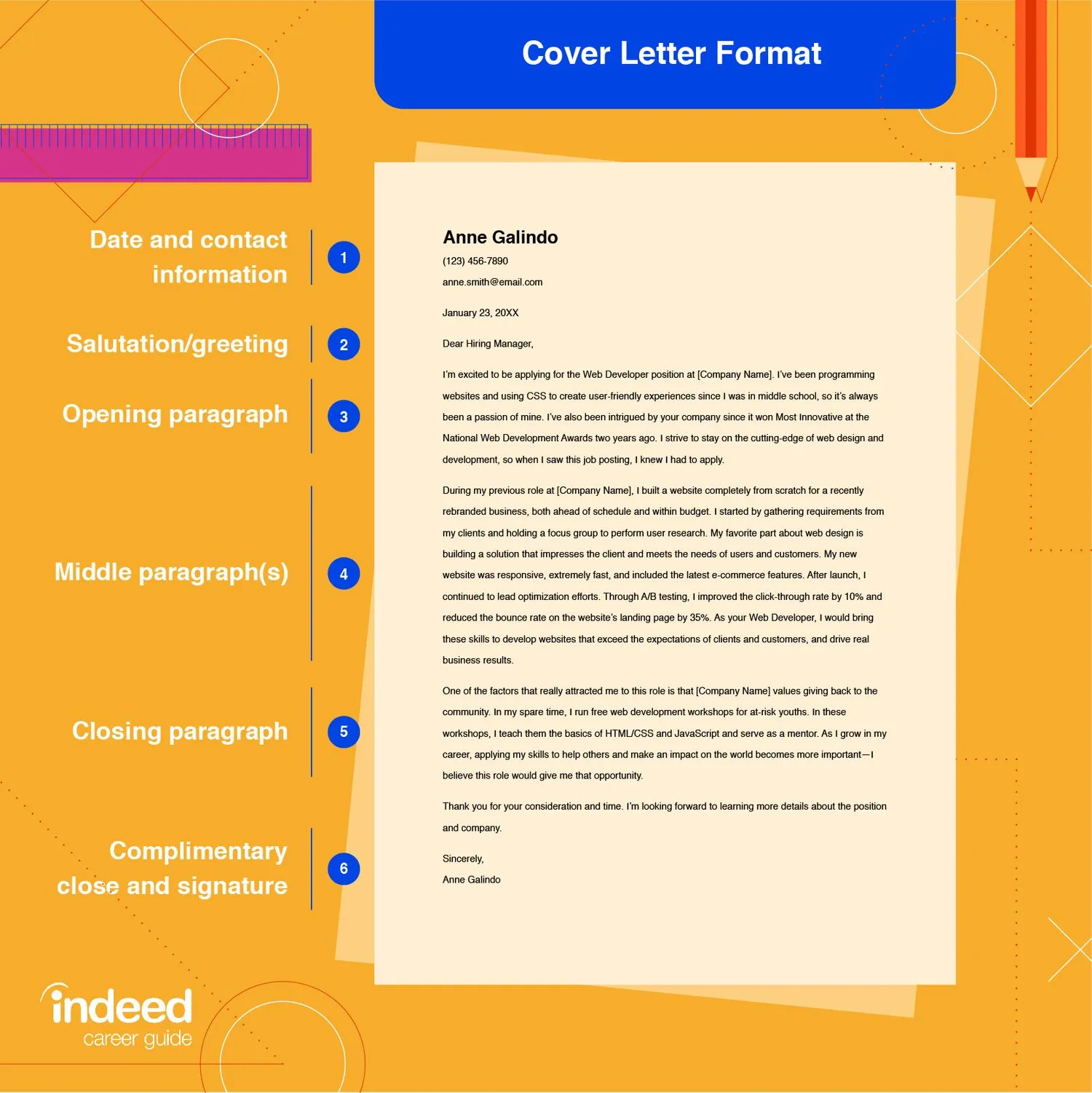
When highlighting problem-solving skills, it’s crucial to provide specific examples. Describe a time when you identified a problem, analyzed its root causes, and developed a solution. Explain the steps you took, the resources you used, and the outcome of your actions. Did you streamline a process, reduce costs, or improve efficiency? Quantify your achievements whenever possible. For example, you might say you resolved a customer service issue that reduced complaint volume by 15%, or that you streamlined a workflow that saved 10 hours a week. Real-world instances will make your cover letter more impactful.
Real-Life Examples of Problem Solving
Think about challenges you’ve faced and how you overcame them. Did you troubleshoot a technical issue, resolve a customer complaint, or improve a process that was inefficient? Perhaps you were tasked with creating a new strategy, and you adapted the approach based on feedback or changing circumstances. Use specific details to illustrate your problem-solving skills. For instance, you could say, “When faced with a decline in sales, I conducted market research, identified a gap in our product offerings, and developed a new marketing strategy that increased sales by 20% within three months.” Providing data-driven results can make your accomplishments seem more impressive.
Technical Skills
Technical skills are job-specific skills that are essential for performing tasks related to a particular field or industry. These can include software proficiency, coding languages, data analysis tools, and other specialized knowledge. Highlighting technical skills in your cover letter is important because it demonstrates your ability to perform the essential functions of the job. Make sure your technical skills match the requirements outlined in the job description. Employers want to see that you have the necessary expertise to contribute immediately. This will showcase that you are immediately able to add value.
Listing Relevant Technical Skills
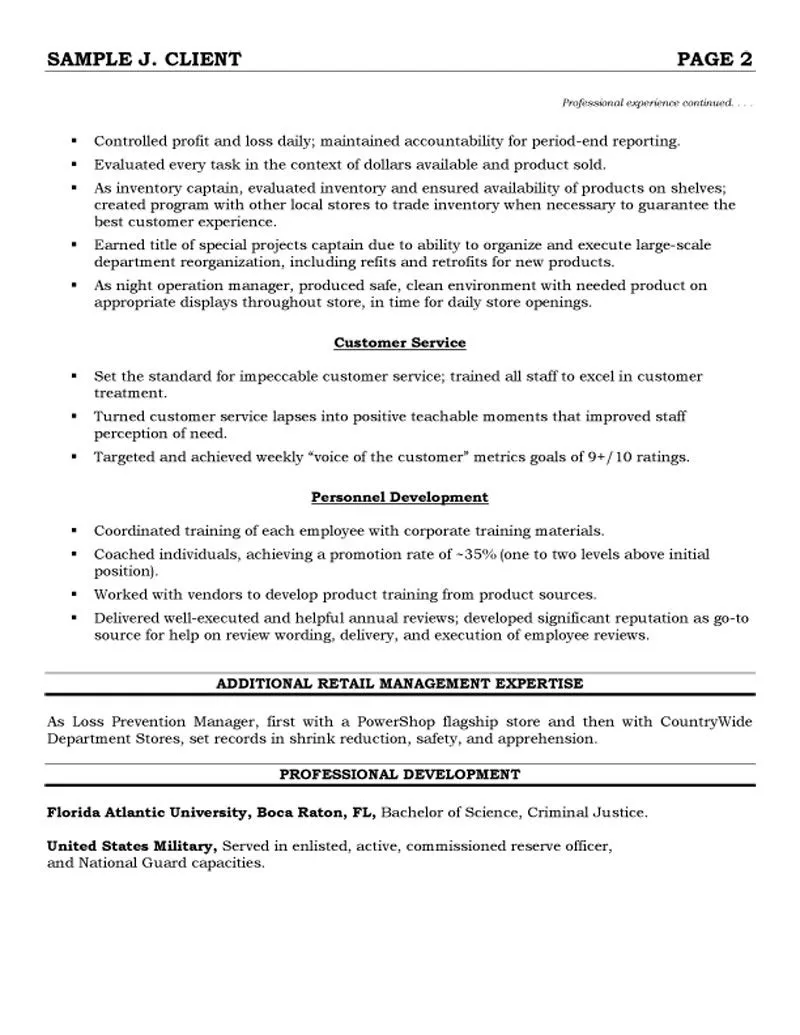
Create a bulleted list or include technical skills directly within the body of your cover letter. For each skill, specify your level of proficiency (e.g., beginner, intermediate, expert). Always tailor this list to the job description, focusing on the technical skills that are most relevant to the position. If the job requires proficiency in a specific software or tool, make sure you include that in your list. Be specific and avoid vague statements. For example, instead of saying “Proficient in Microsoft Office,” you could state, “Expert in Microsoft Excel, including the use of pivot tables, formulas, and data analysis tools.” It is important to not oversell yourself, but present a realistic view of your expertise.
Tailoring Technical Skills to the Job
Carefully review the job description and identify the required technical skills. Then, match your skills to those requirements. Don’t include every technical skill you possess; instead, prioritize the ones that align with the job’s needs. If the job requires experience in a specific software, and you have it, then make it the focal point. Highlight how you have used those skills in the past to achieve results. Consider providing a brief example of how you have applied your technical skills to solve problems, improve efficiency, or contribute to a project’s success. This proves that your technical skills translate to tangible value for the company. Show the employer you’re not only capable but also a good fit.
Teamwork and Collaboration Skills
Teamwork and collaboration skills involve the ability to work effectively with others towards a common goal. This includes active listening, sharing ideas, respecting diverse perspectives, and contributing to a positive team environment. In the modern workplace, teamwork is crucial. It is vital for accomplishing complex tasks and fostering innovation. Showcasing these skills in your cover letter demonstrates that you can collaborate effectively, share your ideas, and contribute to a team’s success. This is especially important for demonstrating leadership potential, even if you don’t have formal experience in that role.
Highlighting Teamwork Experience
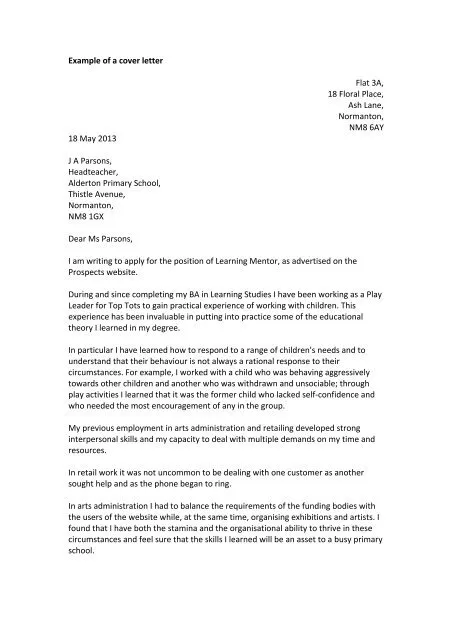
When describing your teamwork experience, focus on specific instances where you collaborated with others to achieve a goal. Did you participate in a group project? Did you lead a team to success? What was your role in that team? What specific actions did you take to contribute to the project’s success? Highlight the key actions you performed, and the results. For instance, you might say, “As a key team member, I coordinated the marketing efforts for a new product launch. Through collaboration and open communication, we successfully launched on schedule and exceeded our sales targets by 15%.” Use action verbs like “collaborated,” “coordinated,” “contributed,” and “facilitated” to describe your actions.
Showcasing Collaboration Successes
Focus on your successes in collaborative projects. Provide specific examples of how you contributed to a team’s achievements. Did you help resolve conflicts? Did you mediate disagreements? Did you identify a new opportunity? Whenever possible, quantify your contributions. Instead of saying you “improved team efficiency,” you could say “I streamlined the workflow process, improving team efficiency by 10%.” Focus on your role, the tasks you completed, and the results you achieved. Your ability to demonstrate these skill sets is very important for any job.
Adaptability and Learning Skills
Adaptability and learning skills refer to your ability to adjust to new situations, embrace change, and quickly acquire new knowledge and skills. In today’s dynamic work environment, these skills are incredibly valuable. They demonstrate that you can navigate uncertainty, learn new things, and contribute to an evolving organization. Showcasing these skills in your cover letter conveys your willingness to step outside your comfort zone and excel in new challenges. This shows you are a lifelong learner.
Presenting Your Adaptability

Provide examples of times when you successfully adapted to new situations. Did you work on multiple different projects at the same time? Were you forced to quickly switch gears? This demonstrates that you are versatile. For example, you could say, “When the company implemented a new CRM system, I quickly learned the software and trained my colleagues, ensuring a smooth transition.” You can also mention any experience you have with remote work, handling unforeseen challenges, or adjusting to changes in your work environment. The important thing is to show your willingness to adapt and that you have taken steps to improve your skills.
Emphasizing Your Learning Agility
Highlight your ability and willingness to learn new things. Did you take courses, attend workshops, or pursue self-directed learning to acquire new skills? Did you seek out mentors or ask for feedback to improve your performance? Did you receive any certifications or awards? Give examples of how you have proactively acquired new knowledge and skills to improve your performance or expand your abilities. For instance, “I completed a certification in project management, which allowed me to lead my team more effectively and resulted in a 10% increase in project completion rates.” Demonstrate your ability to proactively seek out opportunities and turn those opportunities into successes.
Tips for Effectively Presenting Your Skills
Using Action Verbs
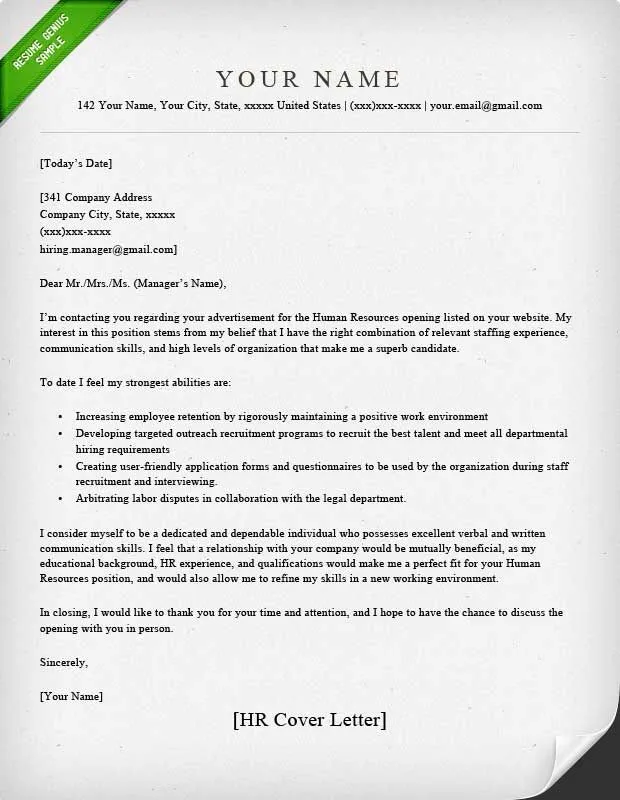
When describing your skills and accomplishments, use strong action verbs. These verbs make your statements more dynamic, engaging, and memorable. Instead of saying “Responsible for managing projects,” say “Managed projects, delivering them on time and under budget.” Action verbs highlight your role and the specific actions you took, which makes your cover letter more engaging. Think about verbs that describe what you did; for example, “Initiated,” “Developed,” “Implemented,” “Managed,” “Led,” “Improved,” or “Achieved.” Using strong action verbs helps to make your accomplishments more vivid and impactful.
Quantifying Your Achievements
Whenever possible, quantify your accomplishments. Numbers and data add credibility to your claims and show the tangible impact of your skills. Instead of saying “Improved customer satisfaction,” say “Improved customer satisfaction by 15% through implementing a new feedback system.” For instance, “Increased sales by 20% in one quarter” or “Reduced project costs by 10%.” Numbers give a clear picture of your achievements and demonstrate that you can achieve meaningful results. Be specific in what you did and the outcomes you achieved.
Matching Skills to the Job Description
Carefully review the job description and tailor your cover letter to the specific requirements. Identify the key skills the employer is looking for and highlight your corresponding abilities. Use the same keywords and phrases from the job description to show that you understand what the employer needs. This will demonstrate that you have the required skills and that you are a good fit for the role. Your cover letter will be more relevant to the hiring manager, increasing the likelihood of them inviting you to an interview. Make certain you are not just saying you possess a skill; you are saying what you did with that skill.
Conclusion
By carefully highlighting your skills, providing relevant examples, and tailoring your cover letter to the job description, you can create a compelling document that grabs the attention of potential employers. Remember to use action verbs, quantify your achievements, and emphasize the skills that align with the job requirements. Presenting your skills in this manner will make your cover letter stand out and significantly increase your chances of landing an interview and getting the job. Your skills are your assets, so highlight them and show the world what you can do!
